Wednesdays
Robert Bresson: "Find Without Seeking"
Programmed by Brian VandenBos
"Robert Bresson is French cinema, as Dostoevsky is the Russian novel and Mozart is German music," as Jean-Luc Godard once said. Known for an austere and perfectionistic style, Robert Bresson (1901-1999) is one of the most celebrated and influential French filmmakers. Spanning over five decades and encompassing a wide range of subjects and sources, this retrospective finds the director striving to create a new language of moving images and sounds.
This series was sponsored by the France Chicago Center and made possible thanks to the Cultural Services of the French Embassy and the Institut Français.

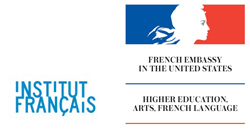
3/29/2017 @ 7:00 PM 10:00 PM
A Man Escaped
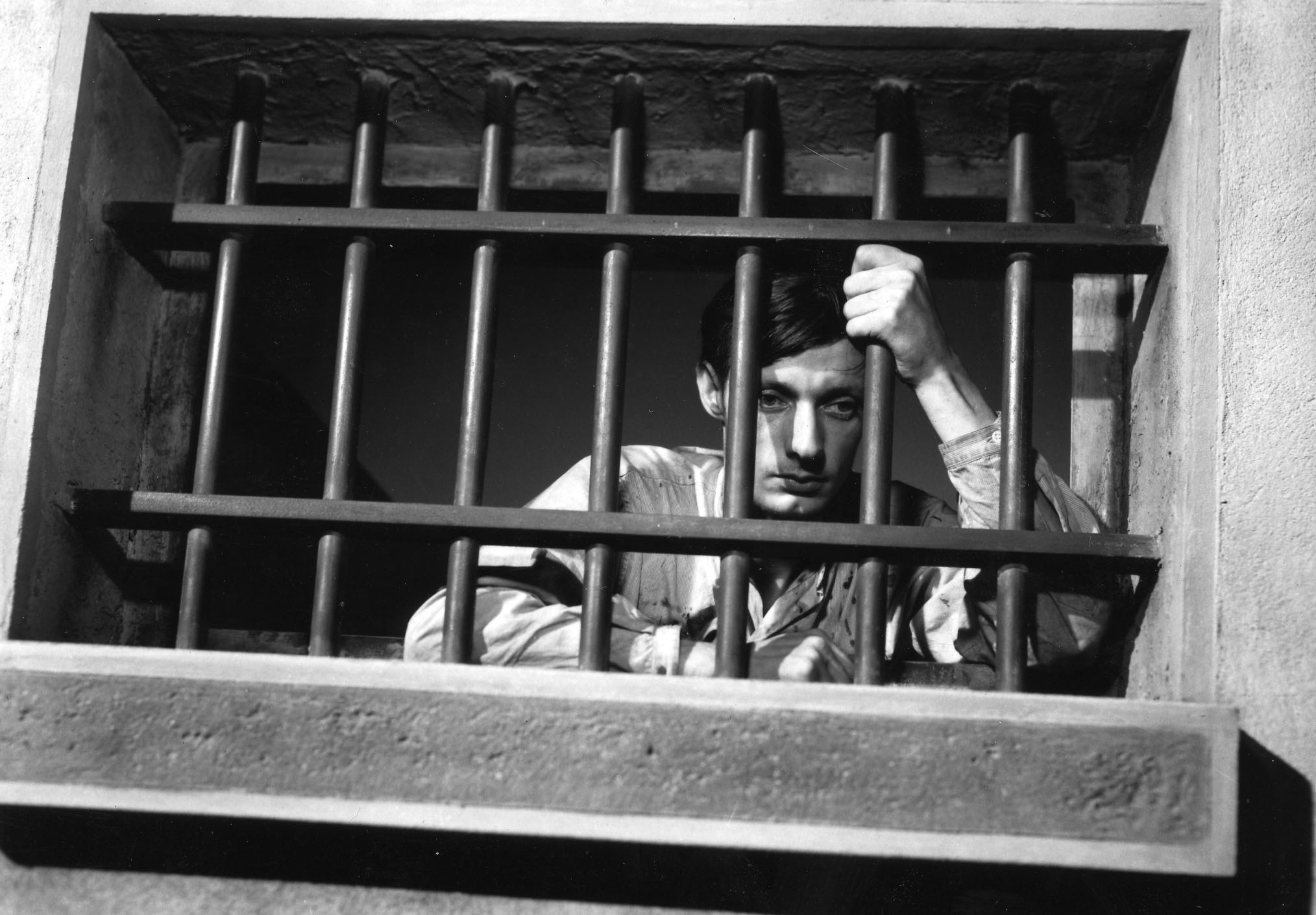
(Robert Bresson, 1956) ·
During World War II, Bresson was imprisoned by Germans as a member of the French Resistance. The same situation can be used to describe Fontaine, the titular protagonist of A Man Escaped (though the film is based on the memoirs of André Devigny). Bresson's singular use of sound is a highlight of this classic prison break film. Each sound has a unique timbre and the noises occurring outside Fontaine's cell create a whole world outside of the images.
Update: Film critic Jonathan Rosenbaum, who has written frequently on Robert Bresson, will give an introduction to the 7 p.m. screening and hold a discussion with the audience after the show. Please arrive at 6:30 p.m. for the introduction.
runtime: 100m format: 35mm
4/5/2017 @ 7:00 PM 9:00 PM
Au Hasard Balthazar
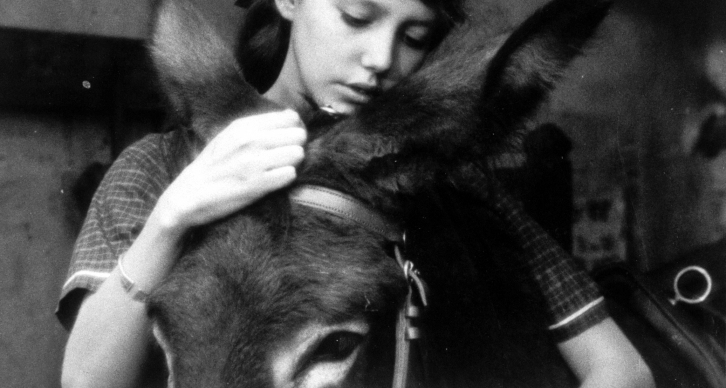
(Robert Bresson, 1966) · Jean-Luc Godard famously called Au Hasard Balthazar "the world in an hour and a half." The film, ostensibly following the life of the donkey Balthazar, is perhaps Bresson's most perfectly realized work. Set in rural France, the director portrays a material world of fragmented bodies (hands especially) and objects (coins, documents, and cars among them). This corporeality belies an empathic and emotional experience that can quite possibly be called transcendent.
runtime: 95m format: 35mm
4/12/2017 @ 7:00 PM 9:00 PM
Une Femme Douce
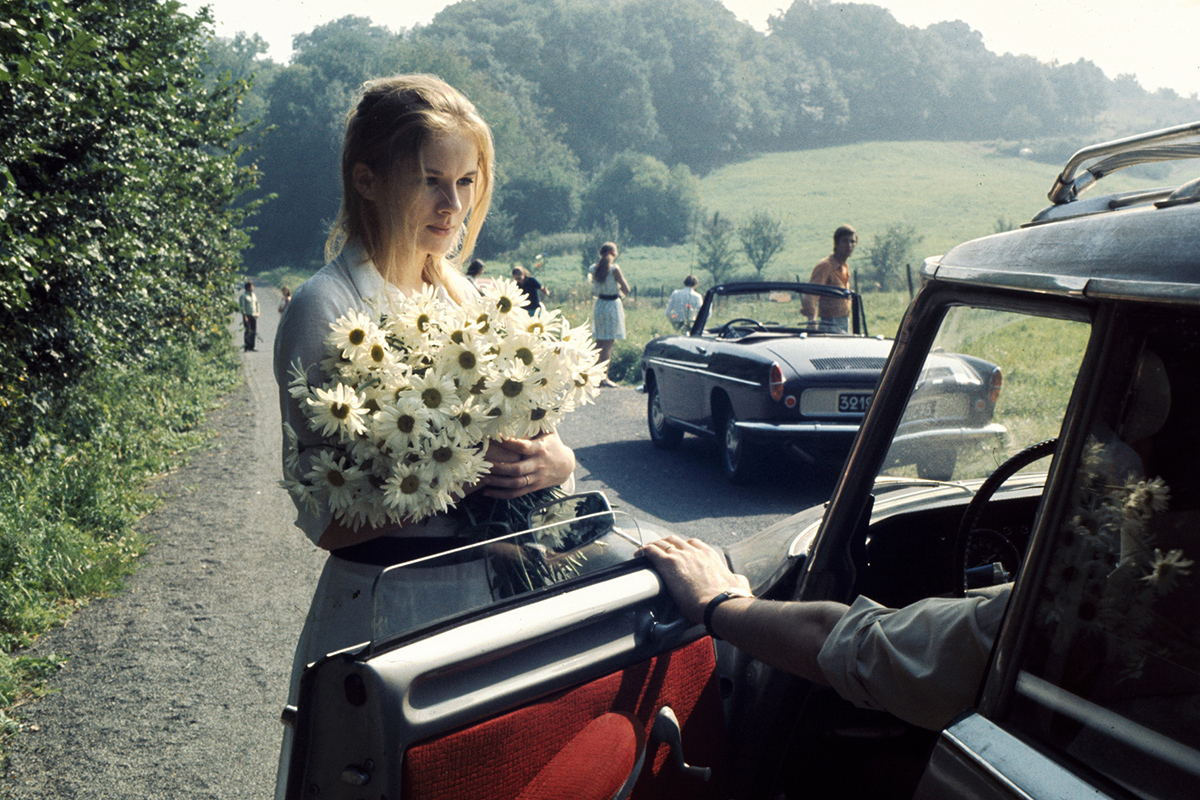
(Robert Bresson, 1969) · Based on a short story by Dostoevsky (relocated to contemporary Paris), Une Femme Douce is Bresson's first color film. After the titular gentle creature (Dominique Sanda in her screen debut) marries a pawnbroker, she finds herself unable to adjust to life with him and kills herself. The film confounds in its avoidance of the sullen woman's psychology or motives as well as an unconventional use of offscreen narration which often contradicts the visuals.
runtime: 88m format: DCP
4/19/2017 @ 7:00 PM 9:00 PM
Pickpocket
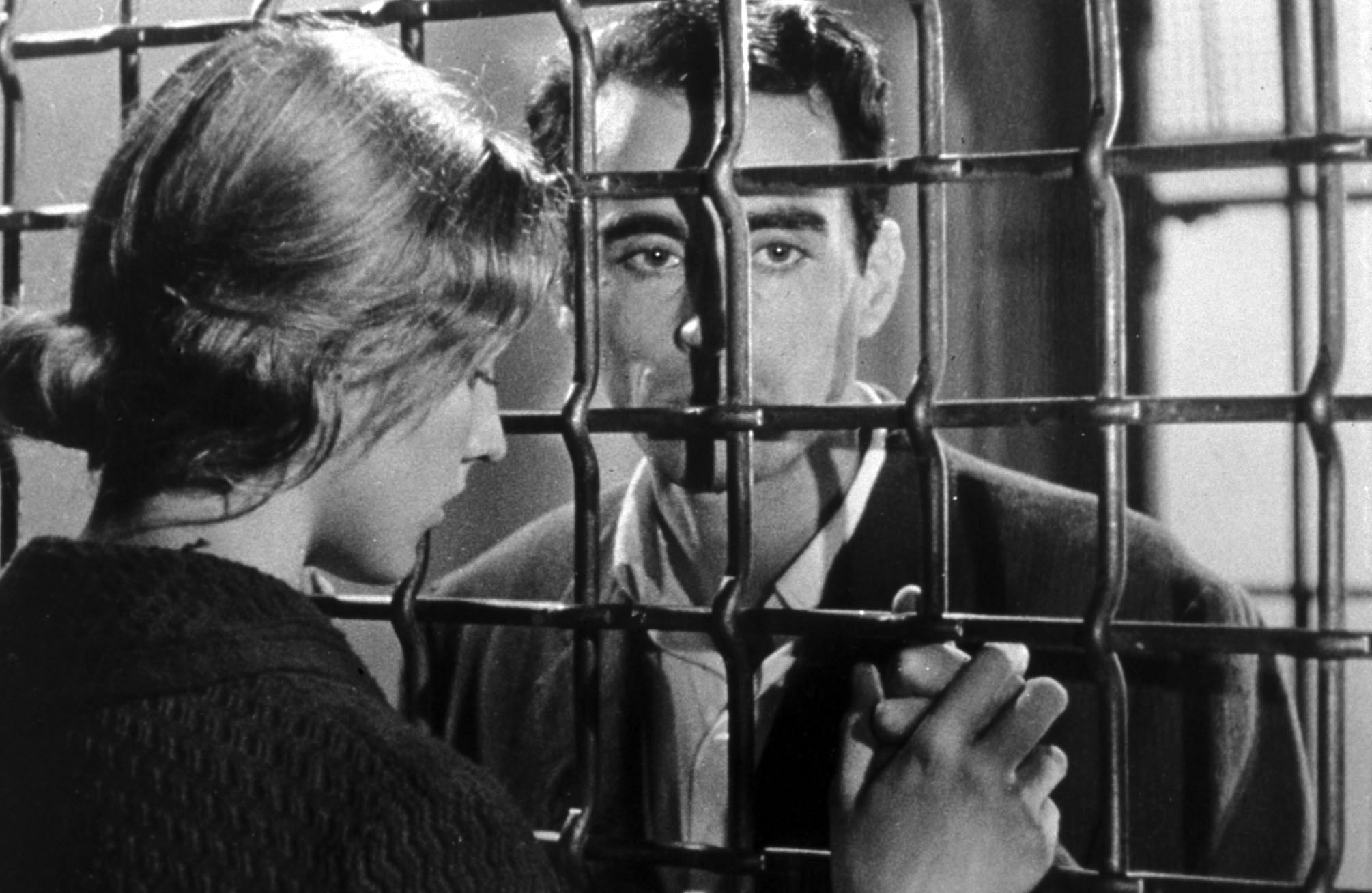
(Robert Bresson, 1959) · Calling to mind Dostoevsky, Pickpocket is Bresson's own version of Crime and Punishment. Michel is the existential hero, a solitary thief played with a distinct ordinariness by Martin Lassalle. In fact, Bresson referred to his actors as "models", non-professionals engaged in "automatic" gestures and line readings. This avoidance of "performance" is in full effect in Pickpocket, a film that is both spiritual in theme and erotic in its montages of theft.
runtime: 79m format: 35mm
4/26/2017 @ 7:00 PM 9:00 PM
Les Dames du Bois de Boulogne
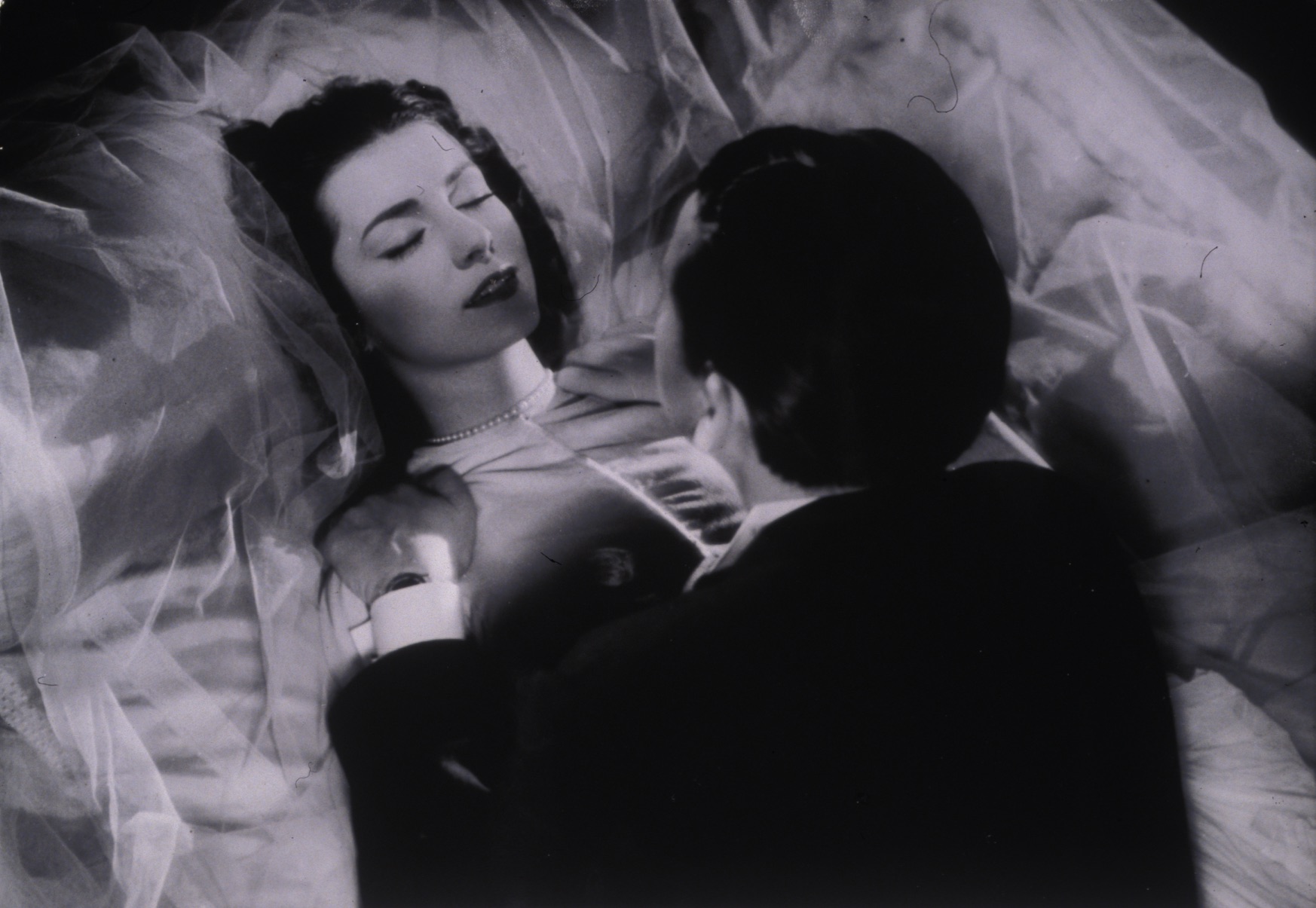
(Robert Bresson, 1945) · Collaborating with Jean Cocteau on the screenplay of Les Dames du Bois de Boulogne, Bresson adapted Diderot's Jacques le Fataliste, moving the story to the present day. The director's second feature film was made during the German occupation of France and the last to give prominence to professional actors. The closest Bresson came to Hollywood melodrama, the film relates the tale of a vengeful society lady who tricks her ex-lover into marrying a prostitute. Imported print courtesy of the Institut Français.
runtime: 96m format: 35mm
5/3/2017 @ 7:00 PM 9:00 PM
Lancelot du Lac
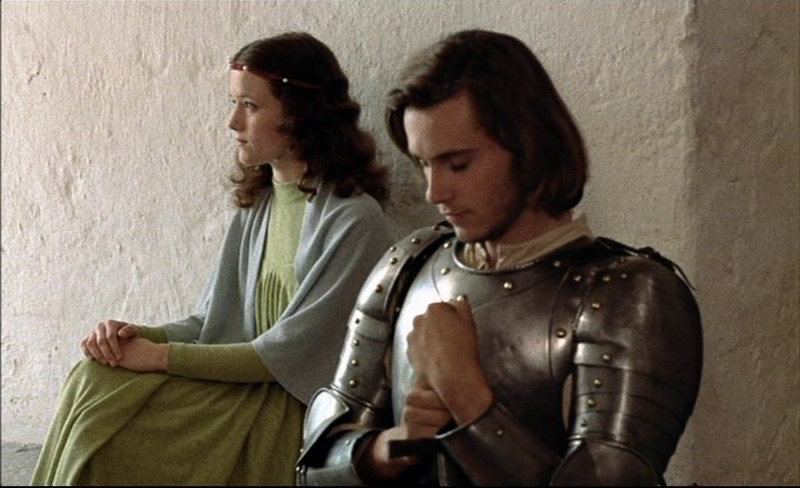
(Robert Bresson, 1974) · Based on Arthurian legend, Lancelot du Lac is Bresson's second period piece, two decades in the making. Elliptical in adaptation, the director's unconventional treatment of the disheartened final days of the Knights of the Round Table is supported by a stylistic complexity: the clanking of body armor and cropped images of moving legs form motifs that, when combined, create a texture that is distinct and masterful, on full display in the famous jousting sequence. Imported print courtesy of the Institut Français.
runtime: 85m format: 35mm
5/10/2017 @ 7:00 PM 9:00 PM
Les Anges du Péché
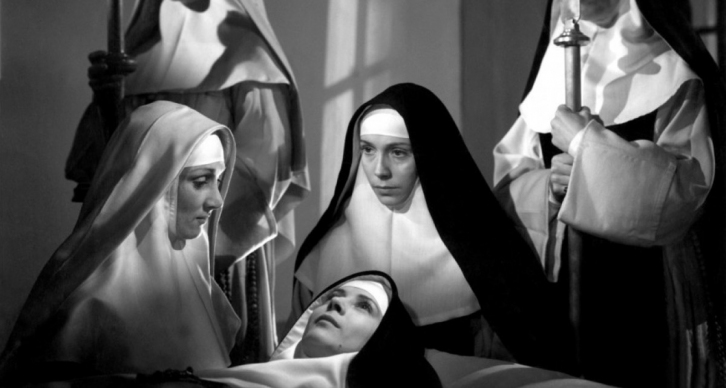
(Robert Bresson, 1943) · A nun dedicates herself to the redemption of an ex-convict and murderer. Made nine years after his comedy short "Les Affaires Publiques," Les Anges du Péché (Angels of Sin) is Bresson's first feature film. While the cast includes professional actors and the film is arguably his most conventional, many of the director's stylistic trademarks (including the use of ellipses) and themes (such as imprisonment) are already present. Imported print courtesy of the Institut Français.
runtime: 96m format: 35mm
5/17/2017 @ 7:00 PM 9:00 PM
The Trial of Joan of Arc
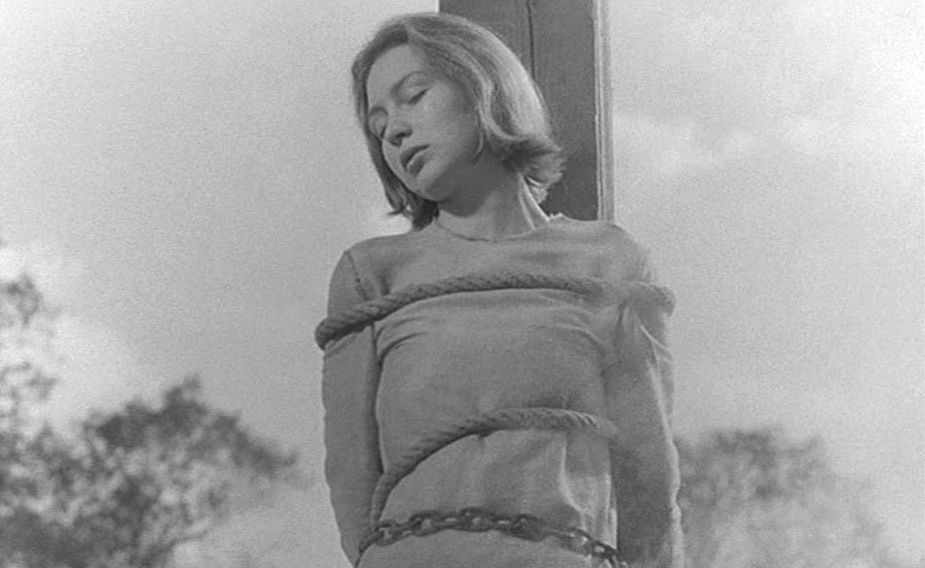
(Robert Bresson, 1962) · With dialogue originating entirely from the transcripts of Joan of Arc's trial, this is perhaps Bresson's most uncompromising film, lacking narration and with few sets or narrative action. The director sought to avoid theatricality, instead showing Joan in restrained medium shots with a rhythmic sound design of natural noises and dialogue to tell the story or her imprisonment, interrogation, and execution. The result is an immersive and compact 65 minutes. Imported print courtesy of the Institut Français.
runtime: 65m format: 35mm
5/24/2017 @ 7:00 PM 9:00 PM
The Devil, Probably
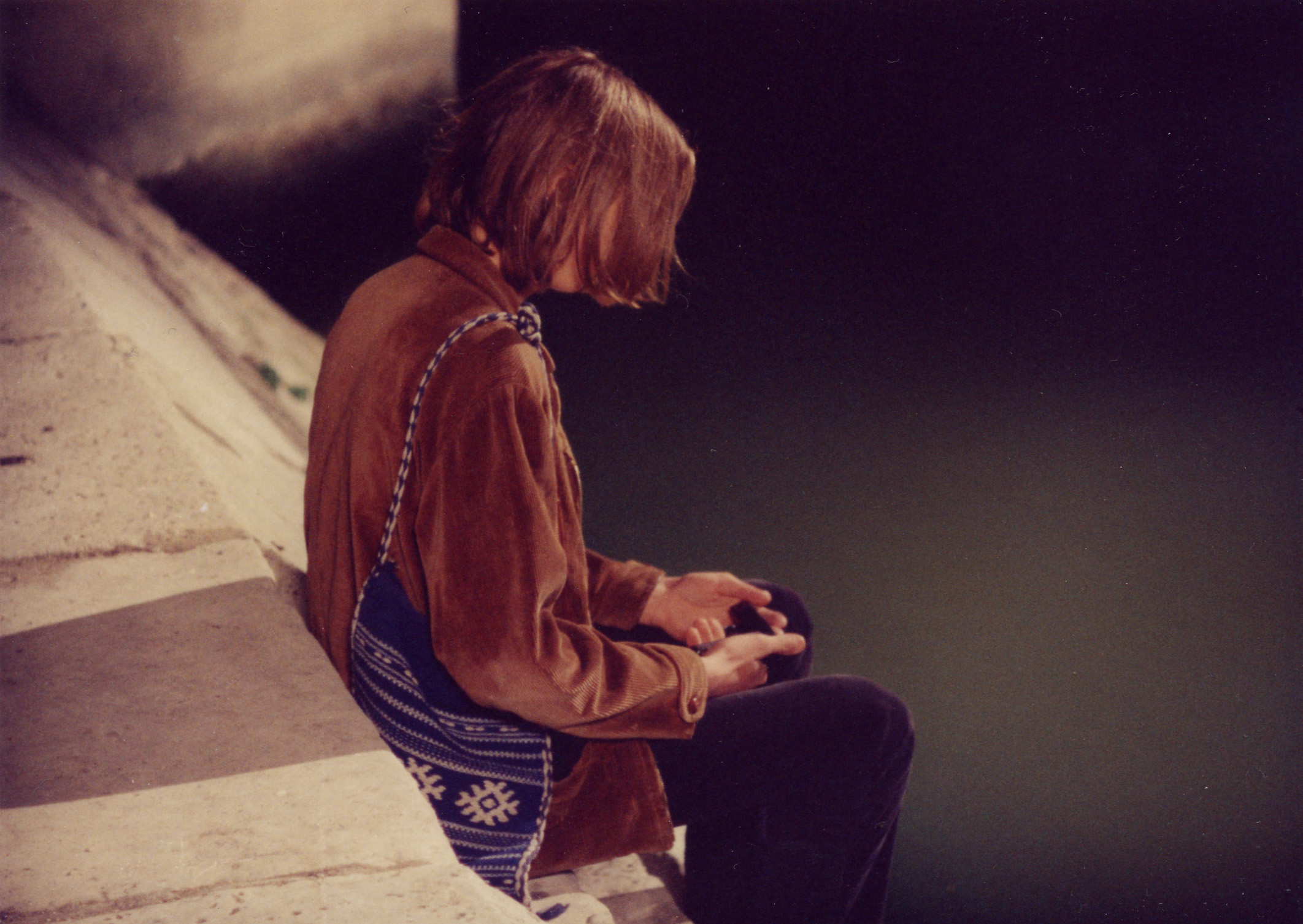
(Robert Bresson, 1977) · "Of all my films," Bresson said, The Devil, Probably "is the most ghastly. But none of them are despairing." Nonetheless, the director's penultimate film, about a young man who decides to kill himself, was banned in France for those under 18 so as to not encourage teenage suicide. The film is also one of only two original screenplays that Bresson wrote himself (the other being Au Hasard Balthazar), offering his personal vision of the horrors of modern life.
runtime: 96m format: 35mm
5/31/2017 @ 7:00 PM 9:00 PM
L'Argent
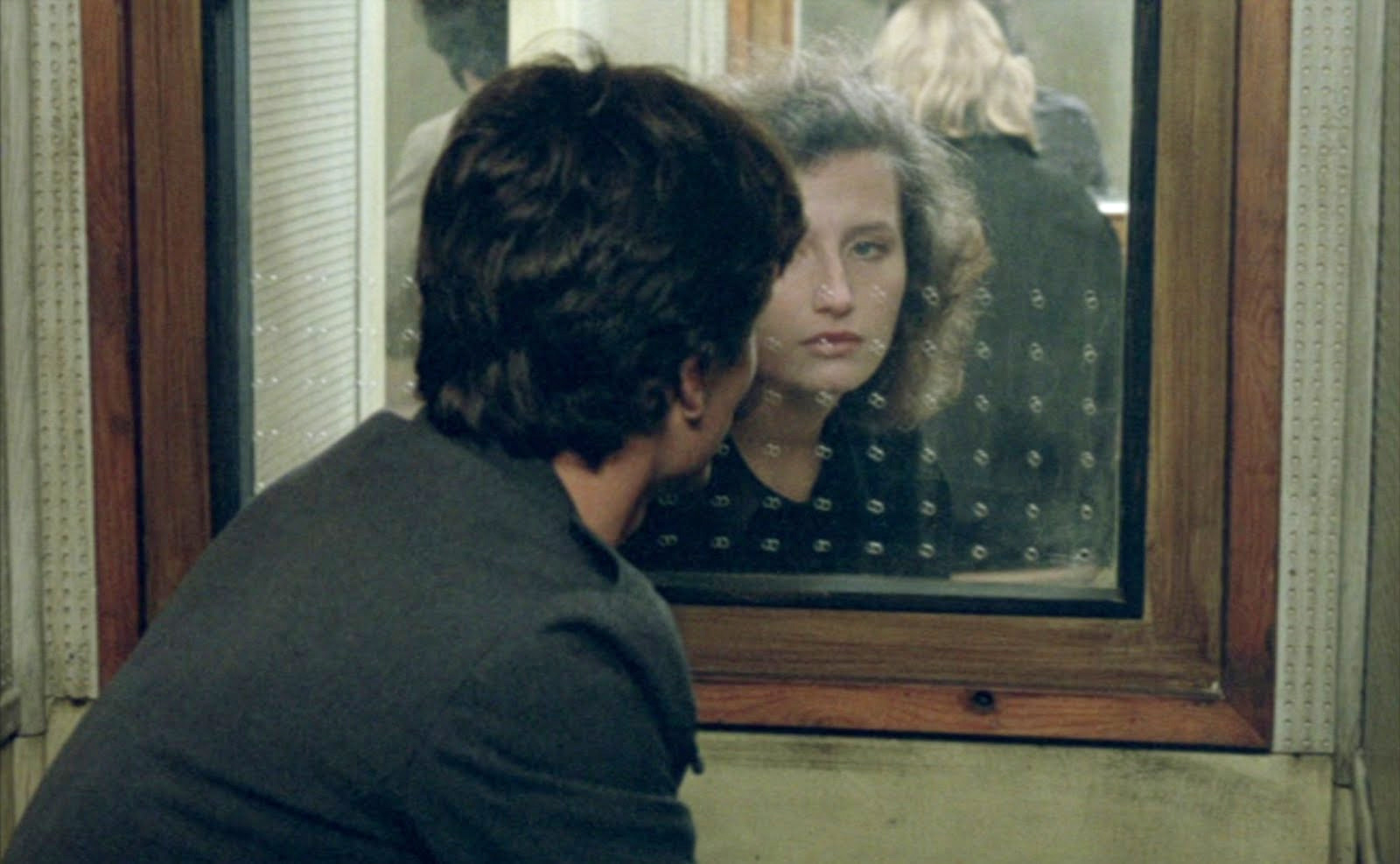
(Robert Bresson, 1983) · Bresson's 13th and final feature film is a fitting conclusion to an uncompromising career that spanned five decades. Based on Tolstoy's novella The Forged Coupon, the film concerns a series of situations that result from a young man unintentionally passing a counterfeit note. Materialism and the modern world remain the director's subjects, and his world of restrained performances, objects, gestures, and emphasized sound reach an apotheosis.
runtime: 87m format: 35mm



